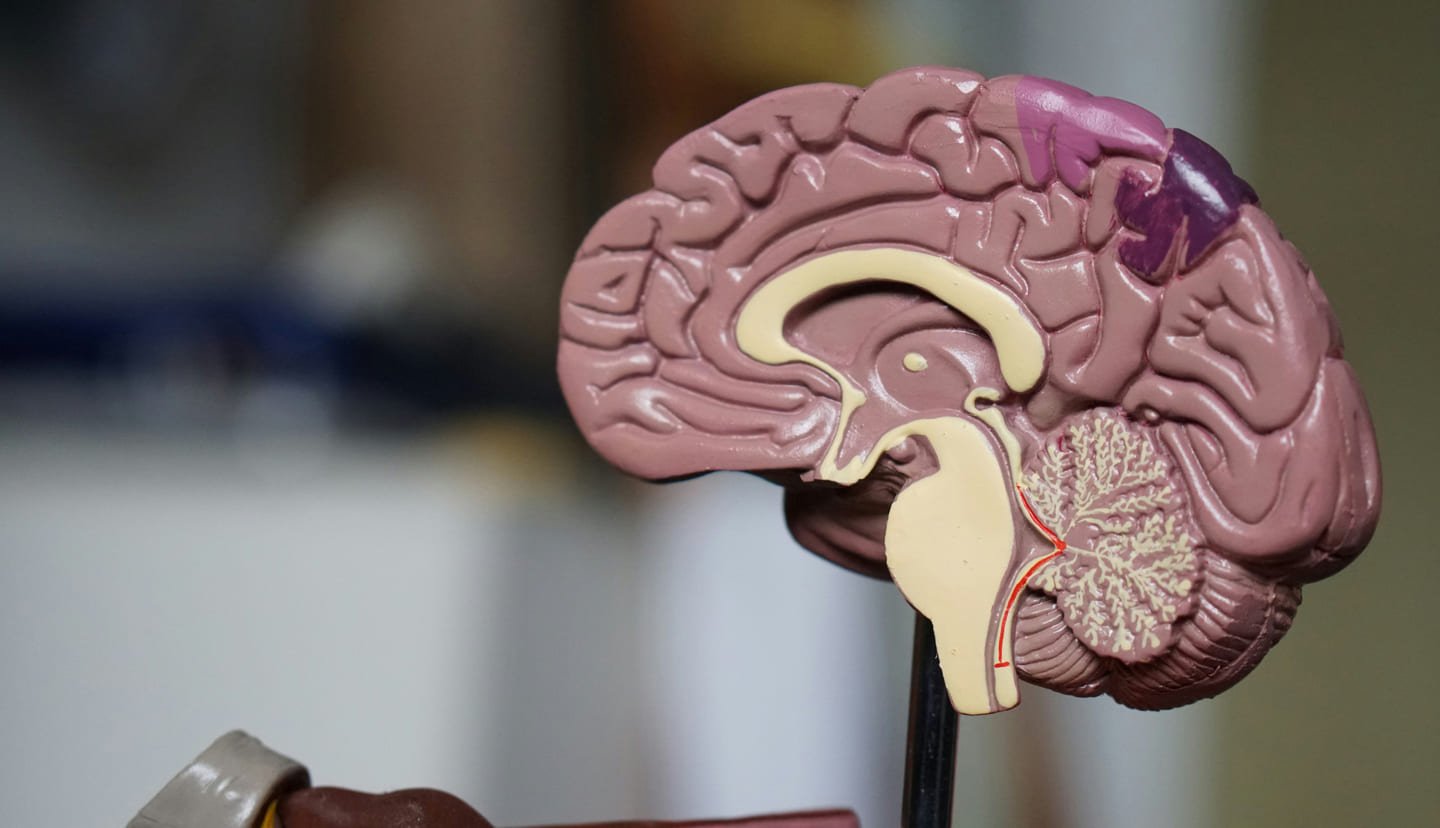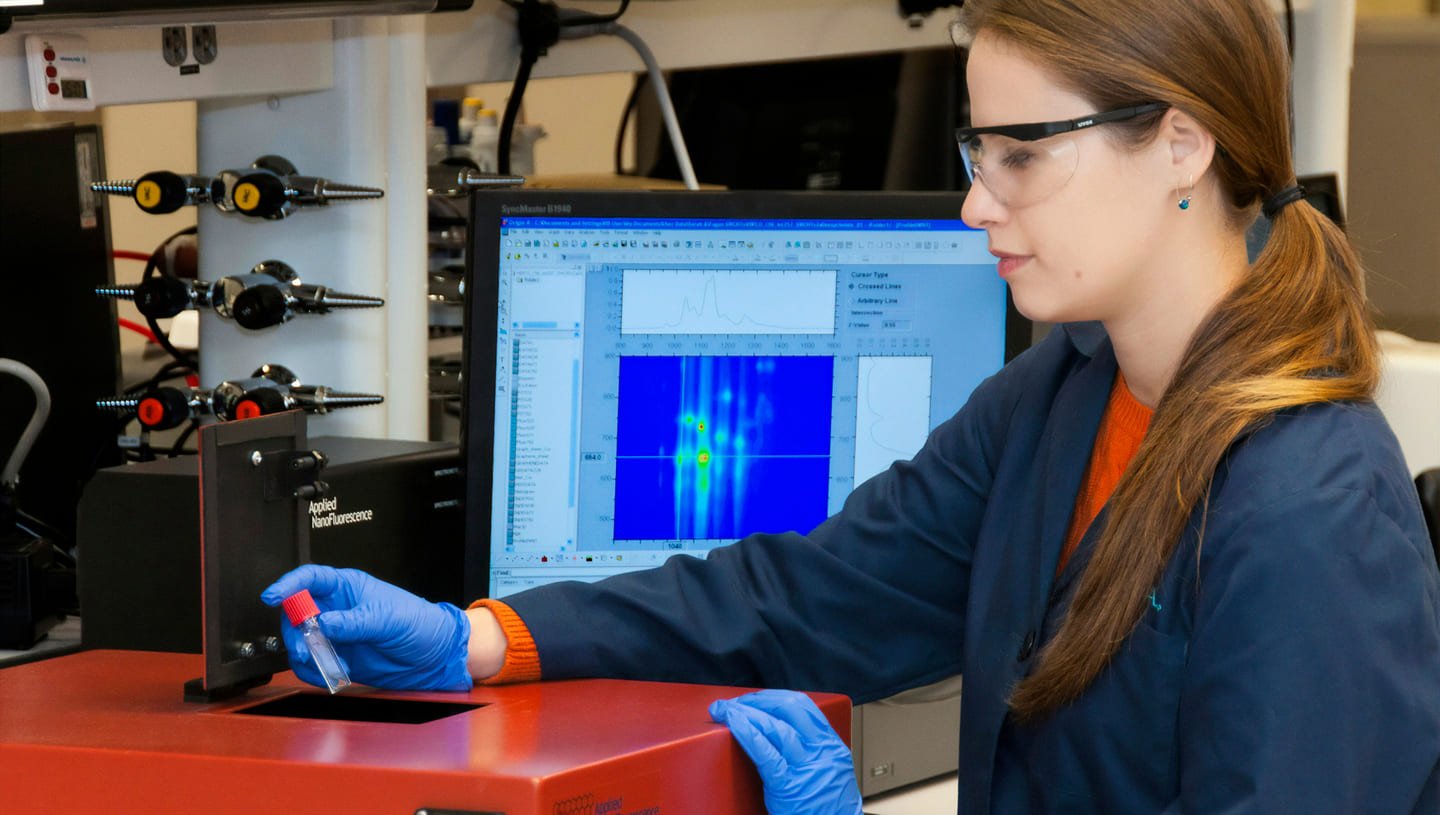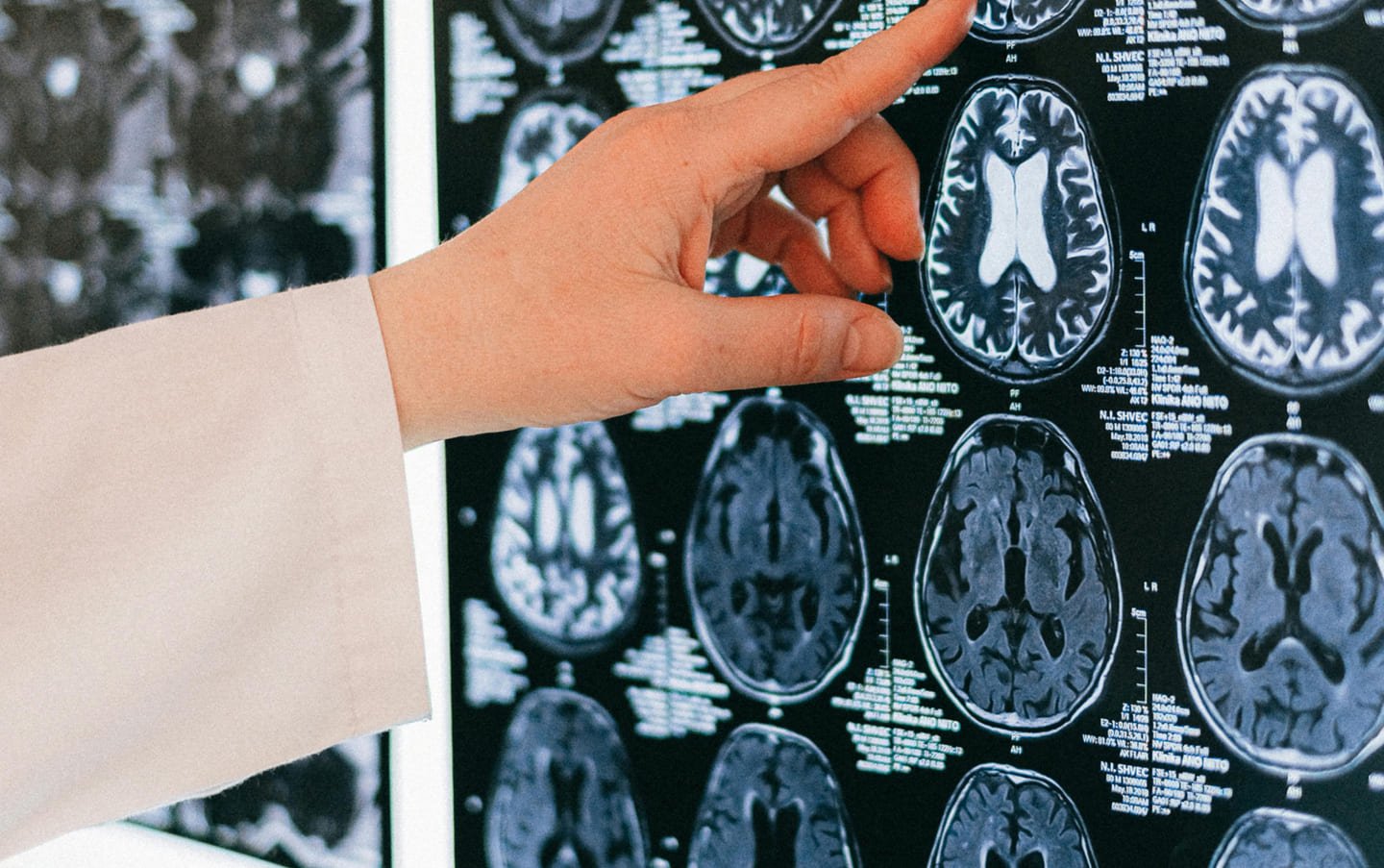Alterations in brain chemistry, genetic predisposition, environmental factors, brain injuries, substance abuse, and common illnesses can powerfully influence the onset and course of a mental disorder, although it is not known exactly how. this influence occurs. Psychobiology is an integrative discipline that brings together the knowledge of Neuroanatomy (study of the structure of the SN), Neurochemistry (study of the chemical bases of the activity of neurons), Neuroendocrinology (study of the interactions between the SN and the SE), Neuropathology (study of disorders of the SN), Neuropharmacology (study of the effect of drugs on the SN) and Neurophysiology (study of the functions and activities of the SN).

The last decades have been very important in the study and understanding of the nervous system. This progress has not only included the approach to phenomena underlying the brain mass of a neurochemical, neurophysiological, neuroanatomical, cytoarchitectonic, imaging, etc. nature, but also the relationship of this knowledge with complex aspects of behavior and psyche.
For some years now, there have been sufficiently detailed explanatory models of the phenomena of information processing in the brain and the result of alterations in neurotransmitter systems in the genesis of delusional ideas, experiences of derealization and depersonalization, hallucinations, illusions, affection disorders and anxiety disorders.
However, these models also allow us to understand the consequences of structural alterations and the psychopathological genesis of other manifestations, such as in the case of dementia, in which the structural lesion of the prefrontal cortex usually generates an alteration of the problem-solving function. of this brain area. The structural alteration can initiate or present alterations, beyond those typical of dementia, such as delusional ideas or hallucinations. agnosias, there is usually a lesion of the perceptual component of the system, and in amnesias, of the mnesic component of the system.
The cerebral lobes are involved in sensory, cognitive and motor functions Lesions in these areas can cause alterations in the functions they regulate, for example, the frontal lobe is involved in planning, prediction, judgment and complex movements; the temporal, in learning, memory and hearing; the parietals, in body image, spatial and tactile perception; the occipital, in vision. Regarding the hemispheres, the left is especially involved in linguistics, numerical and analytical thinking; and the right, in complex spatial skills, the perception of patterns and aspects of artistic and musical performance.
Rapid advances in the identification of the human genome have opened a window into the brain Since the knowledge of the genome in 2001, it is known that the DNA of all people is 99.9% identical. This single 0.1% difference in combination with environmental factors is the only thing that makes each human being.
The biomedical objectives of the Human Genome Project (HGP) are to characterize the genetic variability that exists in the world population and to develop the technology to allow analysis at the genomic level of individuals. The human genome contains approximately 20,000 to 25,000 described genes. The PGH also includes programs to promote the development of genetic studies that can improve the diagnosis and treatment of diseases and, ultimately, human health. Diseases usually have a genetic and an environmental causal component. Depending on the pathology, one will predominate over the other, but the interaction between genetics and environment must always be analyzed.
In the patient's clinical history we find phenotype data such as demographic information, vital signs, biochemical profiles, mental abilities test and concomitant diseases. And also environmental data such as nutritional habits, infections, smoking, alcoholism, occupational exposures, pharmacological treatments and psychosocial experiences. No direct genetic causes are known, although it is possible to find data of this type related to a family history of the disease in the clinical history. Great efforts are being made in the field of genetics to achieve greater knowledge of the causes of diseases, in our case psychopathological, in order to give each patient the most appropriate treatment. Along these lines, genetic studies are already being carried out in certain patients, seeking the pharmacological profile of maximum efficacy and with the fewest number of adverse effects. This in the near future will lead to the development of personalized drugs.


The maturity of the frontal lobes allows you to control your impulses. Impulses that can range from spending all the money saved on this video game, talking all afternoon on Messenger, even if I have a very important exam tomorrow, or aggressive impulses, such as punching a classmate who insults me. In an adult, the emotional brain establishes a connection with the frontal lobes, which decide that it is necessary to stop that impulse, because it is in a public place and can and should be controlled.
A teenager, on the other hand, can listen to the first emotional impulse, get carried away by the amygdalar wave and anger, and start a fight, given that in cases of strong impacts, the teenager does not respond with equal activation in the frontal lobe, because connections are not established equally. All this, together with the revolution of sexual hormones that influence serotonin and neurotransmitters in the brain, which regulate temperament and excitability, makes adolescence a time of maximum risks.
Their ventral tegmentum, basic for motivation and obtaining reward, does not fully develop, does not respond like that of adults, and this explains the adolescent's need to obtain the reward here and now, to stimulate oneself and accept risks to Get what you want, without any waiting. This also explains why adolescents are more vulnerable to addictions, drinking alcohol, taking drugs and practicing unprotected sex, since these activities require little effort to obtain an apparently greater and immediate reward. And in this delicate stage of biological maturation, some mental illnesses may also appear in which establishing an early diagnosis and effective treatment is essential to achieve a better evolution and prognosis. Many mental disorders considered to be adults (schizophrenia, anxiety, obsessive-compulsive disorder, depression and substance abuse, among others) have a sudden or insidious onset in youth, often with clinical presentations that are different from those of adults.
Although they are very rare, there are certain elements of suspicion of a possible medical cause of a mental disorder: Onset in advanced age and sudden. Absence of psychiatric history (personal and family). Alteration in cognitive functions: memory, language, thinking, orientation or level of alertness. Atypical presentation that goes beyond what was expected.
Medical causes of psychosis
CNS tumors (primary, metastases). Temporal lobe epilepsy (motor epilepsy or complex partial seizures). Hyper and hypothyroidism, Cushing syndrome. Systemic Lupus Erythematos (SLE). Neurosyphilis, HIV infection.
Medical causes of depression
CNS tumors (primary, metastases), cerebral vascular disease. CHF, anemia, hypothyroidism, Cushing's syndrome, Addison's disease. SLE, multiple sclerosis, sleep apnea, HIV infection. pancreatic carcinoma; It is one of the tumors that has been most linked to depressive symptoms. Sometimes, the opening letter (before abdominal and digestive symptoms) is depression.
Medical causes of mania
CNS tumors (primary, metastases), hyperthyroidism. Cushing syndrome, SLE, HIV infection.
Medical causes of anxiety
CNS tumors (primary, metastases), CVD, temporal lobe epilepsy. CHF, pulmonary embolism, cardiac arrhythmia, anemia, hypothyroidism, pheochromocytoma.
Medical causes of dementia
CNS tumors (primary, metastases), CVD, hypothyrodisime. Neurosyphilis, HIV infection.
In all these cases, it is important to provide psychological support aimed at seeking the patient's adaptation to their illness, jointly proposing solutions to certain problems and establishing a horizontal relationship that promotes the autonomy, responsibility and control of the person.




Luís Maestre i Funtané. Tots els Drets Reservats. Elaborat per Sytel Media